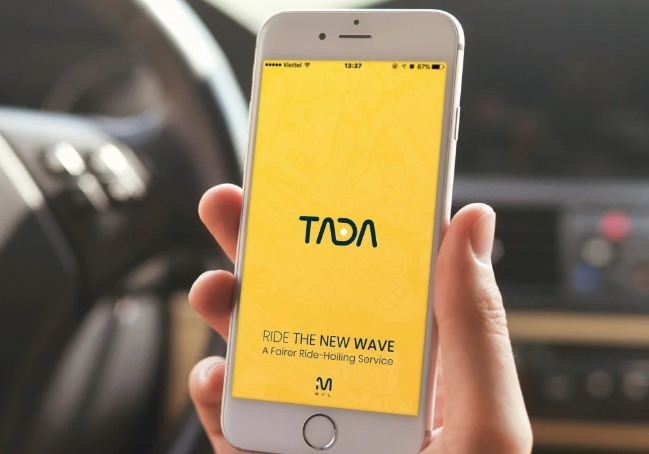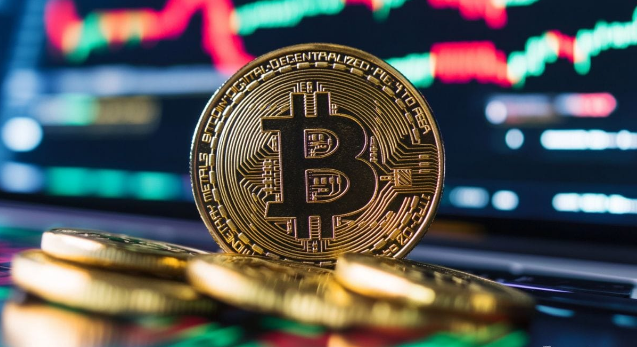Kraken has responded to allegations from the United States Securities and Exchange Commission (SEC) that it violated federal securities laws.
According to the Securities and Exchange Commission (SEC), Kraken’s offers of numerous digital assets should be classified as unregistered securities.
Kraken has denied these accusations, arguing that the assets in issue do not satisfy the legal requirements to be classified as securities.
Kraken Declares That Popular Cryptocurrencies Are Not Securities
Kraken contended in its response that digital assets, such as popular cryptocurrencies like Cardano (ADA), Algorand (ALGO), and Cosmos (ATOM), do not constitute investment contracts under U.S. law.
According to the exchange, the SEC should not regulate these assets and others listed on the exchange’s platform.
According to the legal filing, Kraken did not violate Sections 5, 15(a), and 17A of the Securities Exchange Act of 1934 because ADA, ALGO, ATOM, FIL, FLOW, ICP, MANA, MATIC, NEAR, OMG, and SOL are not securities or investment contracts.
To substantiate its argument, Kraken cited the seminal Supreme Court ruling in SEC v. W.J. Howey Co., which established the “Howey test” as a framework for determining whether an asset qualified as an investment contract.
Kraken contends that the SEC has yet to demonstrate that the digital assets in issue satisfy the Howey test’s criteria. As a result, they should not be classified as securities under U.S. law.
Kraken Critiques the SEC’s Regulatory Approach
The exchange also criticized the SEC’s regulatory approach, accusing the agency of exceeding its authority in an industry that lacks defined regulatory guidelines.
The filing argues that the SEC cannot regulate Kraken’s digital asset trading platform because the Digital Assets are not securities or investment contracts.
Kraken also underscored that the SEC’s interpretation of securities laws about digital assets is still uncertain and failed to provide “fair notice” of its legal obligations.
Stuart Alderoty from Ripple and Paul Grewal from Coinbase, both prominent legal figures in the cryptocurrency industry, have similarly criticized the SEC for managing crypto-related cases.
Alderoty characterized the SEC’s position on “crypto asset securities” as convoluted and inconsistent. At the same time, Grewal emphasized the contradictions in the regulator’s claims, particularly in its case against Ripple about XRP.
A coalition of seven U.S. states recently united to contest the SEC’s cryptocurrency regulation.
Under the leadership of Iowa Attorney General Brenna Bird, the states have submitted an amicus brief in which they contend that the SEC’s attempt to regulate cryptocurrencies is a “power grab” that would impede innovation, harm the crypto industry, and exceed the agencies’ authority.
Kraken has recently encountered a legal obstacle in Australia.
Bit Trade, a subsidiary of Kraken’s parent company, Payward Incorporated, was unsuccessfully adjudicated by the Federal Court last month.
The court ruled that the platform has violated the country’s Corporations Act section s994B(2) since October 2021.
Kraken acquired Bit Trade in 2020 to provide digital asset services in Australia.



